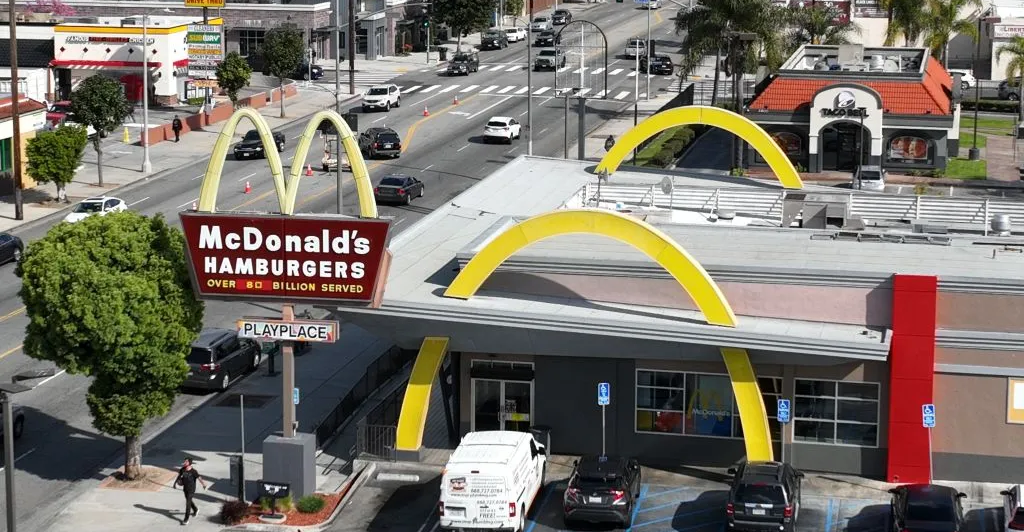In September 2023, California passed a law requiring fast food restaurants with more than 60 locations nationwide to pay workers a minimum of $20 an hour, affecting more than 700,000 people working in the state’s fast food industry.
Readers will be unsurprised to hear that corporate media told us that this would devastate the industry…
Now we have actual data about the impact of California’s law. Assessing the impact, the Shift Project (10/9/24) did “not find evidence that employers turned to understaffing or reduced scheduled work hours to offset the increased labor costs.” Instead, “weekly work hours stayed about the same for California fast food workers, and levels of understaffing appeared to ease.” Further, there was “no evidence that wage increases were accompanied by a reduction in fringe benefits… such as health or dental insurance, paid sick time, or retirement benefits.”
Folks still paid like shit and a burger costs $18 🤔
Burger was $18 before too
They were worried that nobody would buy an $18 burger from them when they could get an $18 burger of much better size and quality from a better chain restaurant.
That’s the excuse used so they can charge you $18 for a burger, truth be told if you took some of the greedily hoarded profits alway from the franchise agreements and ownership cuts you’d be able to pay workers more and keep prices low. The ownership class just wants to have their cake and eat it too, which last time was forcibly ended with a shit ton of daggers (Rome) and guillotines (France).
The way I said it was less elegant and more sardonic, but this is pretty much what I meant. They weren’t worried about the understaffing or the people. They were worried about the effect on their bottom line. Raising prices directly effects their bottom line because they aren’t aiming to compete with a place like Red Robin, but to keep profits high they are having to raise prices and that is literally making them compete above their weight class.




